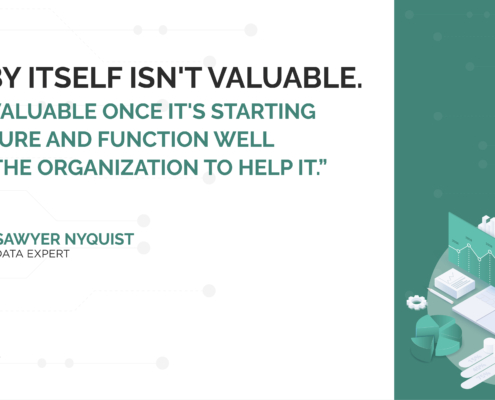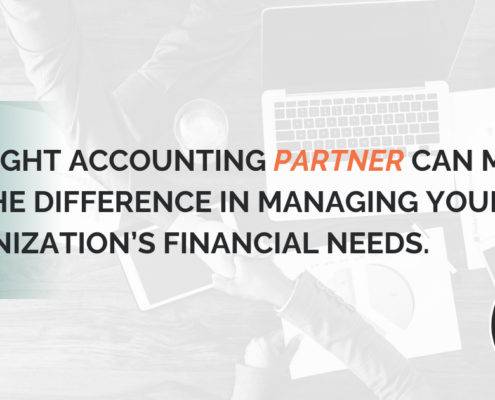How Fractional Executives Offer Strategic Leadership for Your Nonprofits
Many nonprofit leaders know they need executive-level support, but hiring a full-time CFO or COO simply isn’t in the budget. As a result, decisions fall to overstretched staff or board members who may lack expertise. Fractional executives are transforming how mission-driven organizations access leadership. This model gives you top-tier guidance—on your terms and timeline—so you can grow sustainably, stay compliant, and lead with confidence.















